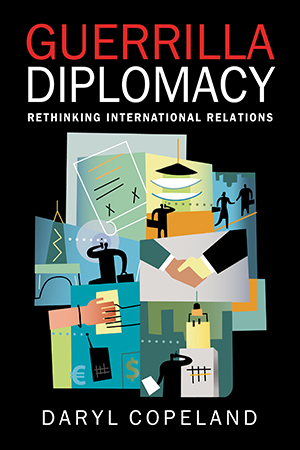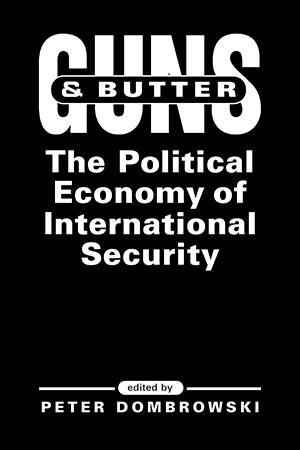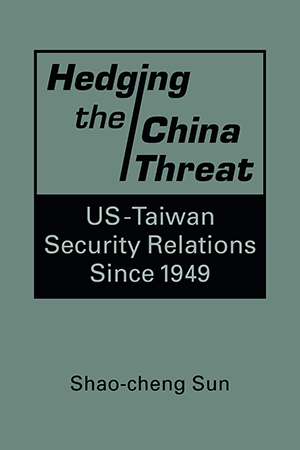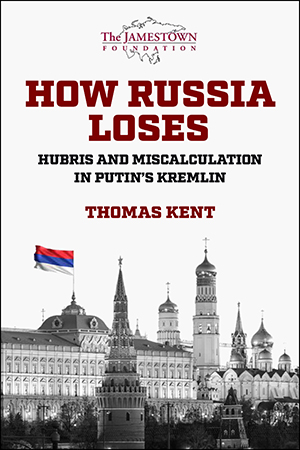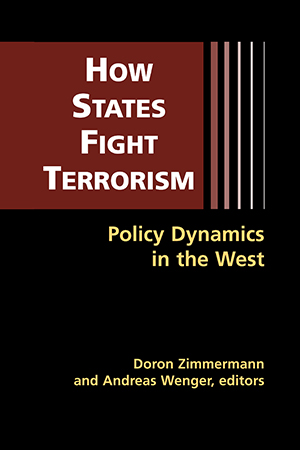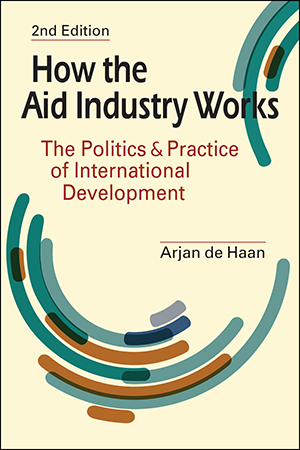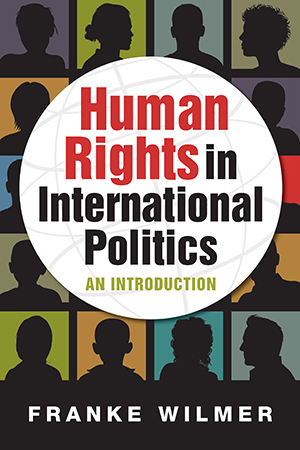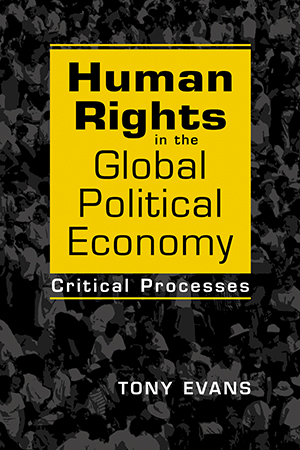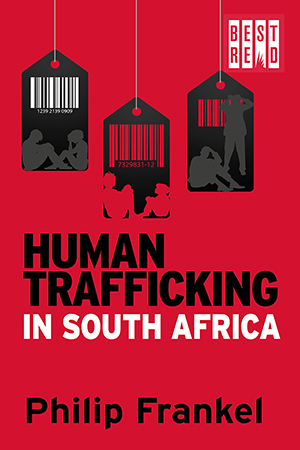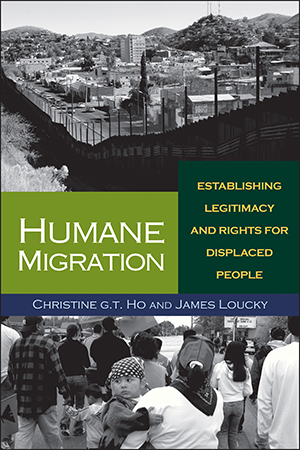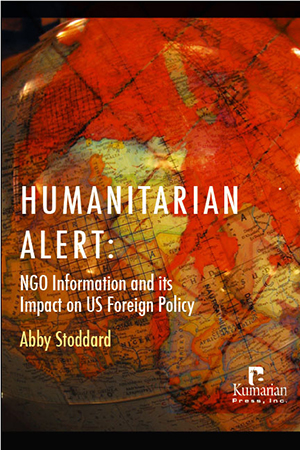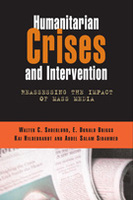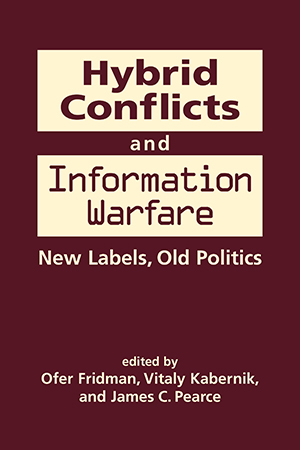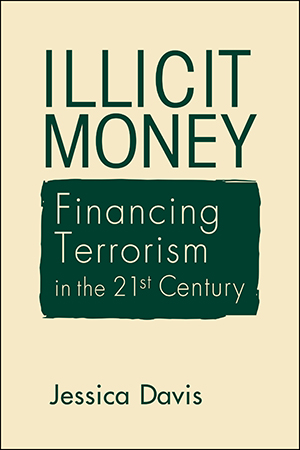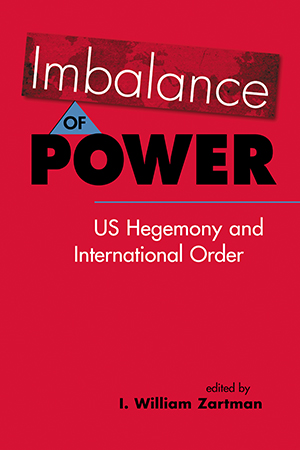International Relations (all books)
Daryl Copeland charts the course for a new kind of diplomacy, one in tune with the demands of today's interconnected, technology driven world. Eschewing platitudes and broadly More >
Reflecting the growing interest among scholars and practitioners in the relationship between security affairs and economics, this new volume explores the nature of that relationship in the More >
The United States has never formally recognized Taiwan as a sovereign state, yet it has provided the country with security assistance since the establishment of the Republic of China (ROC) More >
Vladimir Putin's efforts to build influence abroad have succeeded in many places, but the Kremlin has also faced serious hurdles and even defeats. Thomas Kent delves into six cases where More >
As national governments struggle to cope with the complex threat of mass-casualty terrorist attacks, there is an ongoing debate about the best approaches to counterterrorism policy. The More >
International development assistance—what Arjan de Haan calls the aid industry—continues to be critical for overcoming the world’s development challenges, perhaps more so More >
This comprehensive introduction to the study of human rights in international politics blends concrete developments with theoretical inquiry, illuminating both in the process. Franke More >
Tony Evans critically investigates the theory and practice of human rights in the current global order. Evans covers a range of contentious debates as he considers critiques of the More >
South Africa has the unfortunate distinction of being one of the top-ten worldwide routes for trafficking in persons, or TIP, a massive phenomenon fueled by poverty, forced migration, More >
Humane Migration offers a fresh look at the debate on international migration, particularly in the United States, Canada, and Europe. Arguing that migration should be considered a More >
Do humanitarian NGOs function as autonomous—and even influential—nonstate actors with their own value-driven agendas? Or do they serve merely as the paid agents of national More >
Why has the international community been unwilling, time and time again, to address the humanitarian crises that have killed millions of people in postcolonial states and forced many More >
What is hybrid warfare? And what role does information play in today's conflicts? In the context of the technological/information revolution of the last two decades—which has More >
Terrorists need money ... to recruit and train people, to buy weapons, to maintain safe houses, to carry out attacks. Which raises the question: how do they procure and protect funds to More >
Now that the clear delineations of the Cold War era are behind us, what are the contours of the international system? And what does the new reality mean for the United States, the More >


